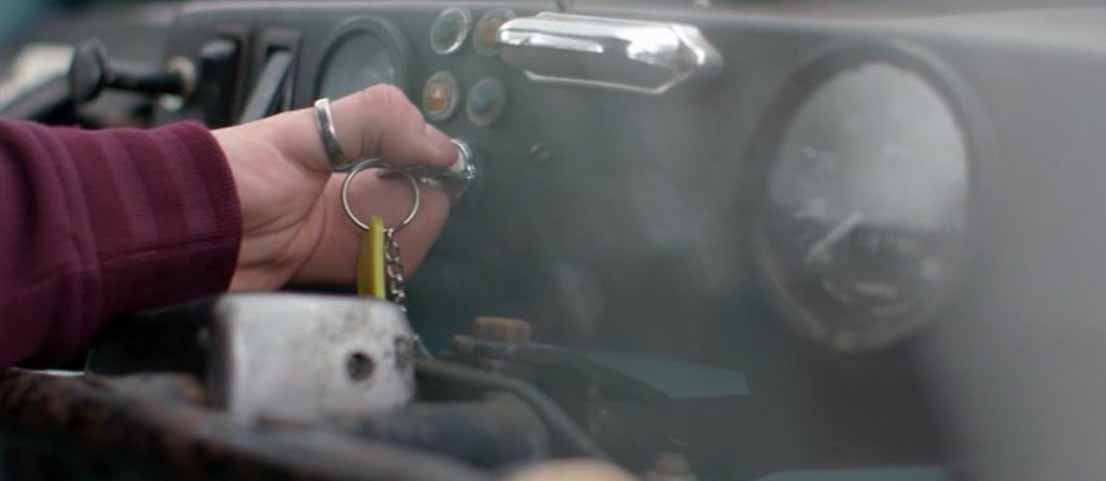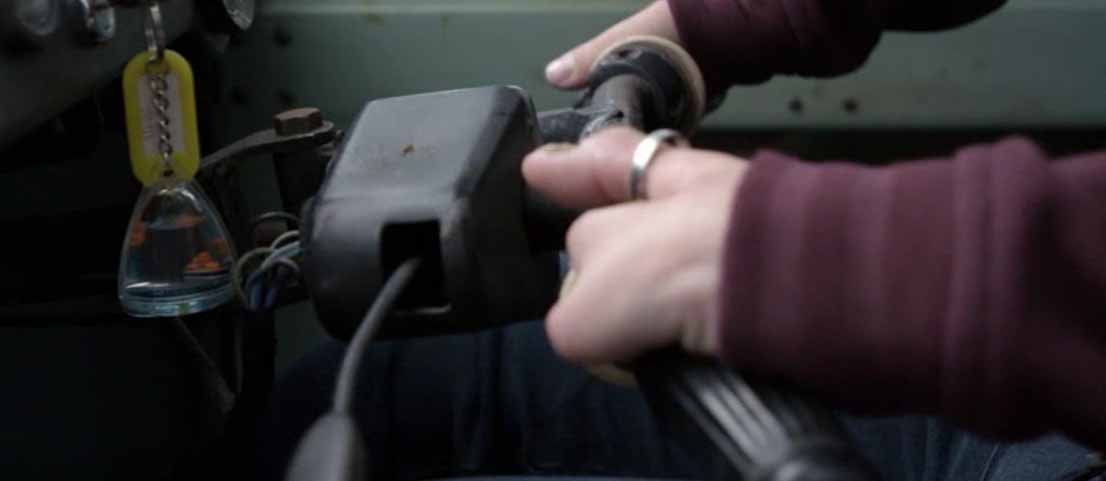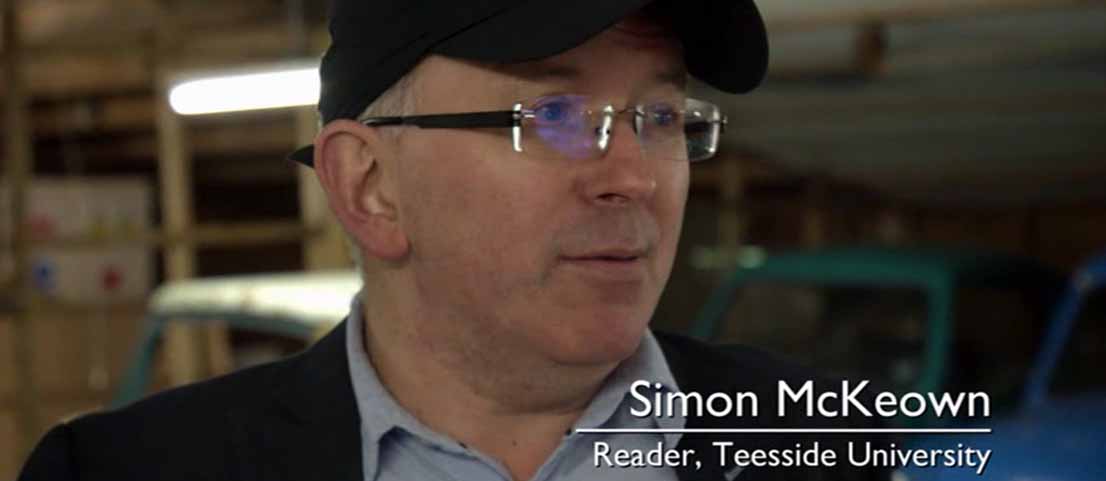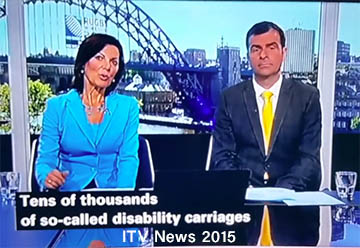BBC 4 - The People’s History of the NHS - 2018
To mark the 70th anniversary of the NHS, BBC Four showcased a three part series in July 2018 titled 'The People's History of the NHS' which featured Simon Mckeown advising presenter Alex Brooker on the history of the invalid carriages in the NHS era, as well as demonstrating their use with an AC Model 70 from his historic collection.
Presented by journalist and comedian Alex Brooker and produced by 7Wonder, the series introduced people who, for better or worse, rely on the NHS to survive. Using treasured mementoes and personal stories, it gave viewers a moving account of this British institution, from its inception, to the present day.
Dr. Simon McKeown, a Reader in MIMA School of Art and Design at Teesside University featured in the series provide context and expertise around the history of Invalid Carriages, vehicles for disabled people.
Invalid Carriages were provided by the NHS to support disabled people become independent. All were owned by the Government and leased to disabled drivers as part of their disability benefit. Primitive in their nature, these vehicles were three-wheeled, and for solitary travel only. No passengers were allowed. The cars would often break down and it was a common sight to find people stranded on their own.
They were finally discontinued 1975 (some remained in in 2003) and the Government ordered tens of thousands to be crushed – though a small number were hidden away or forgotten about and they are now popular collectors’ items. It is believed there are just over 400 left in the world today.
Simon has been collecting Invacars for a number of years and has over 20 in his collection, dating from the 1930s through to the 1970s. His collection is one of the largest in the UK.
He has met with Alex Brooker to film a section for the BBC Four series, helping him to understand the 1970’s Invalid Carriage and place their use within the context of the time.
“The carriages at this time were a striking blue colour and easily identifiable,” explained Simon.
“There is a great beauty in these vehicles and they provide a fantastic insight into both disability and automotive history in the UK.
“It was a pleasure to take part in this series and talk about how these vehicles represent a significant time period in the history of the NHS.”













